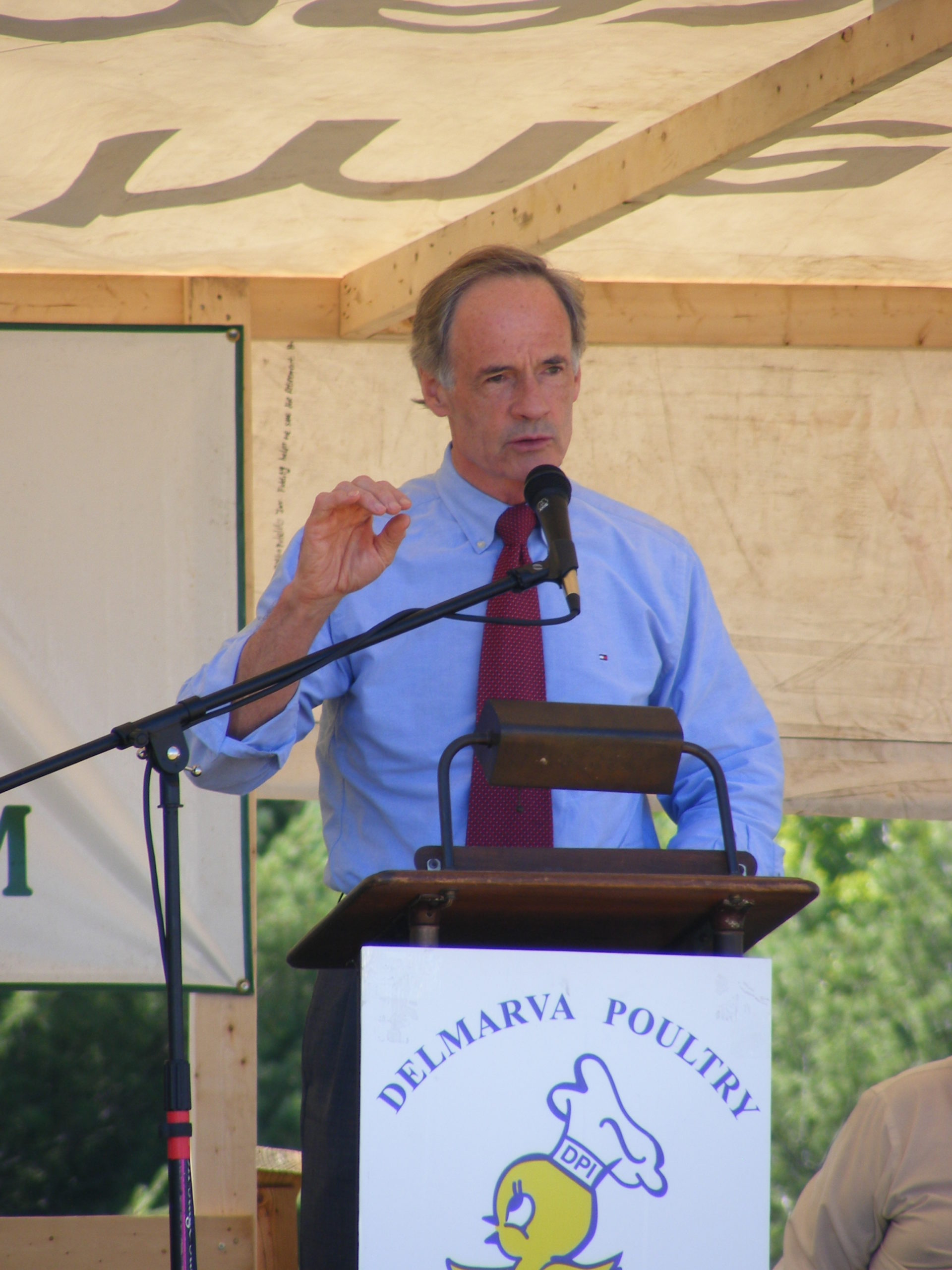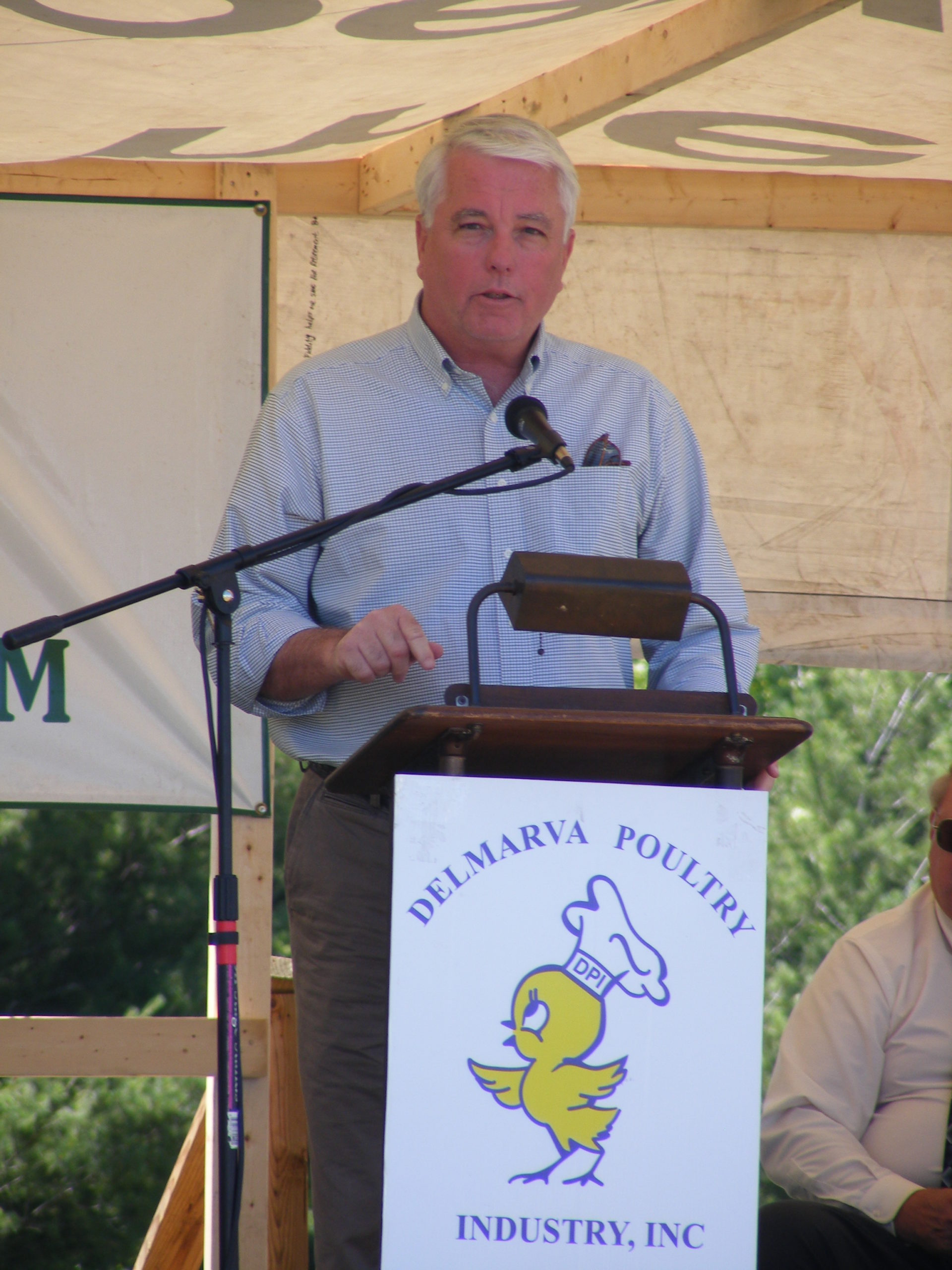I haven’t written much about Indivisible of late because they’re continuing their predictable slide into grifter status, perpetually begging for money from the unwashed but certainly collecting their real cash from the same monied interests that keep the entire political Left afloat.
That support is a subject surely to be avoided by an initiative I was alerted to a few weeks back that they portrayed as a “truth brigade.” Get a load of this:
Big news! We recently publicly launched a massive volunteer program to counter right-wing disinformation: the Truth Brigade. You may have seen this campaign featured in the Washington Post, Forbes, and other outlets — we’ve been running a pilot program for several months that has already engaged 4,750 people, driving posts that together generated over 82 million impressions on social media.
Now, because the stakes are so high, we’re taking this plan public and expanding even further, as the right wing continues their crusade to poison the discourse and undermine our democracy…
(Pause for fundraising appeal…of course.)
The Truth Brigade is our answer to the right-wing disinformation machine. Research shows that one of the best ways to counter disinformation is through interactions with real people in your network — so thousands of volunteers are getting the training and the tools they need to shift the narratives in their own communities.
We provide resources on best practices, from how to structure messages to understanding how social media amplifies lies. Then, every two weeks, volunteers receive careful explainers about the latest issues and work on a campaign tailored to push back against messaging trends from bad actors. And leaders are constantly evaluating success to build more effective campaigns.
Just like all our work, it’s guided by experts who monitor right-wing circles, follow the spread of disinformation, and build tested tactics to fight back. And it’s powered by real volunteers, channelling (sic) their anger into action to protect our democracy.
Indivisible, “Project Launch: The Truth Brigade,” July 16, 2021.
So do you get it? This “grassroots” group that works from the top down is sending out “careful explainers” (read: misinformation) to “push back against messaging trends” (in other words, the real truth) from “bad actors” (people like us.) In a different era, we would know these people for what they are: useful idiots. And those “experts” are the trolls who “fight back” by regularly invading our political discussions with their tired talking points. (They’re the people I call the “traveling roadshow.”)
And the thing is: most of these local people Indivisible is really targeting – as opposed to those like me who only follow to know what the other side is up to – aren’t bad people, they’re just misguided. (Sort of like the unsaved who live in a worldly manner because they haven’t yet understood the Good News. I’m betting many of them get caught up in the center of that Venn diagram, too.)
On that thought, there is one other passage which sticks out: “channeling their anger into action to protect our democracy.” Setting aside the incorrect assertion that we are a democracy, one needs to question what they are angry about? Are they angry because they aren’t in with the powerful and privileged and seek some Other to rectify the situation? Since it’s not likely those chosen few are going to allow you to join their club without selling your soul in the process, maybe you simply need something to dissipate your anger. All anger seems to do these days is to get people in trouble. As a conservative white male, one would think I have the most to be angry about but I let it roll off me like water off a duck because I know I have a higher purpose and better destination in the end.
So if I were to guess, the real truth is probably a little closer to what I’m telling you than the “careful explainers” that Indivisible is churning out.
But what got this post elevated from something that was still simmering on my back burner as a piece worth barely worth more than an odds and ends mention to actually writing it was this gem from Indivisible yesterday. The sender was Meagan Hatcher-Mays, who I gather is part of their policy team:
Normally we wouldn’t email you twice in one day but we just heard some very important intel on the For the People Act, and with the Senate headed for recess literally any day, it couldn’t wait.
This afternoon, our policy team (that’s me and my colleagues) heard from multiple sources that Delaware’s two senators, Tom Carper and Chris Coons, are both holding out on eliminating or even reforming the filibuster, effectively stalling passage of the For the People Act (S. 1). We’ve known for a while that they were both reluctant to upset the status quo even for important legislation — they’ve been telling Indivisible groups so for a while — but this is the clearest confirmation we’ve heard that they’re willing to put arcane Senate rules over the legislation the American people elected Democrats to pass.
Having them standing in the way also provides cover for Sens. Manchin (WV) and Sinema (AZ), who can now pretend they aren’t the ones blocking progress. If you’re not part of the solution, Senators, you’re part of the problem.
Depending on where you live, here’s what we need you to do:
If you live in Delaware, call Senators Coons and Carper at 1-877-684-7760 and tell them you’ve heard information that they’re wavering and it’s time to pick a side: Democracy or the filibuster. Remind them you’re paying attention. (If you want, fill out your information here and we’ll call you with a script and patch you through to their office directly.)
Indivisible, “Important new intel re: Delaware (and the country),”August 6, 2021.
First off, insofar as I know that’s not actually a Senate number. I suspect it’s part of Indivisible’s fundraising efforts. Secondly, maybe they finally figured out I live in Delaware because a lot of their other stuff was targeted more to my previous zip code. (Or maybe they figured I’m close enough.)
But this is a rare time I actually agree with my Senators because they understand the function of the Senate insofar as it’s constituted in the modern day. (If they wanted it to truly function properly, they would call for repeal of the Seventeenth Amendment but we all know that’s not going to happen.) They’ve figured out that the filibuster that may hold them back in this cycle could well be their protection next time when the pendulum swings back.
So perhaps we should call their offices or drop them a line to commend them on that stance in keeping the filibuster. Why let the Indivisible minions have all the fun?







